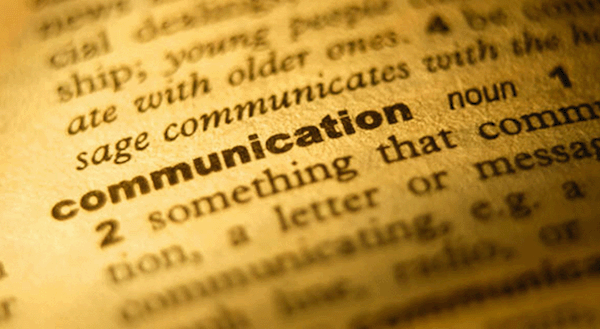On January 12, 1950, the then Secretary of State, Dean Acheson delivered a speech at the National Press Club discussing the military security of the Pacific area and the policy of the United States with regard to it. He also indicated the U.S. would maintain a defensive perimeter that included the Aleutian Islands, Japan, the Ryukyu Islands, and the Philippines.

He went on to say, “So far as the military security of other areas in the Pacific is concerned, it must be clear that no person can guarantee these areas against military attack.”
The glaring omission from Acheson’s speech was South Korea. The defensive line the Secretary had defined did not include our South Korean allies. Many historians believe the North Koreans saw this as an opportunity because just a few months after the speech, North Korea invaded South Korea, therein beginning the Korean War.
Whether or not Acheson’s failure to include South Korea in his speech led to the war, is uncertain. It is likely there were many factors that led to the invasion, but the speech certainly did nothing to discourage the North Koreans from attack.
The point here is, when communicating as a pastor or leader, what you don’t say can be as important, possibly even more important at times, as what you do say. Most of us spend hours and hours preparing what we will say. The next time you are responsible for an important communication, think about what you’re not saying and what that will actually say.
Questions: Have you ever been responsible for communicating something important and created confusion because of something you didn’t say? How can you do it better next time? Tell us your thoughts below.
No Comments Yet
Let us know what you think